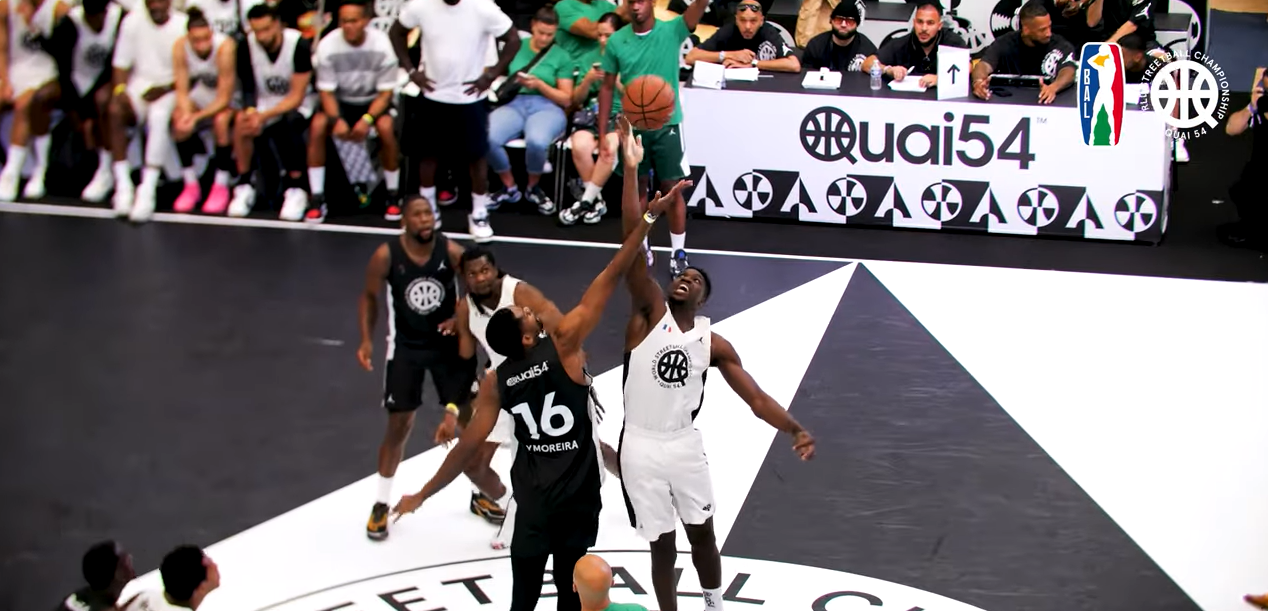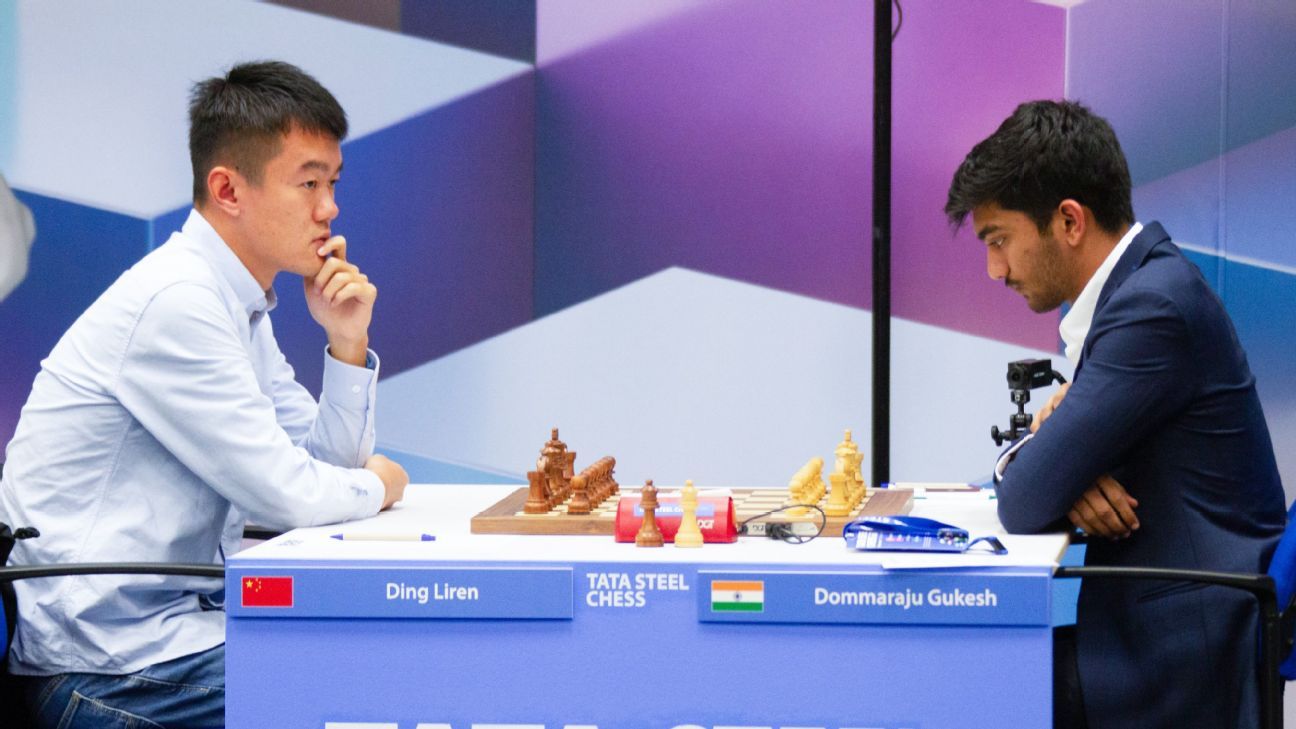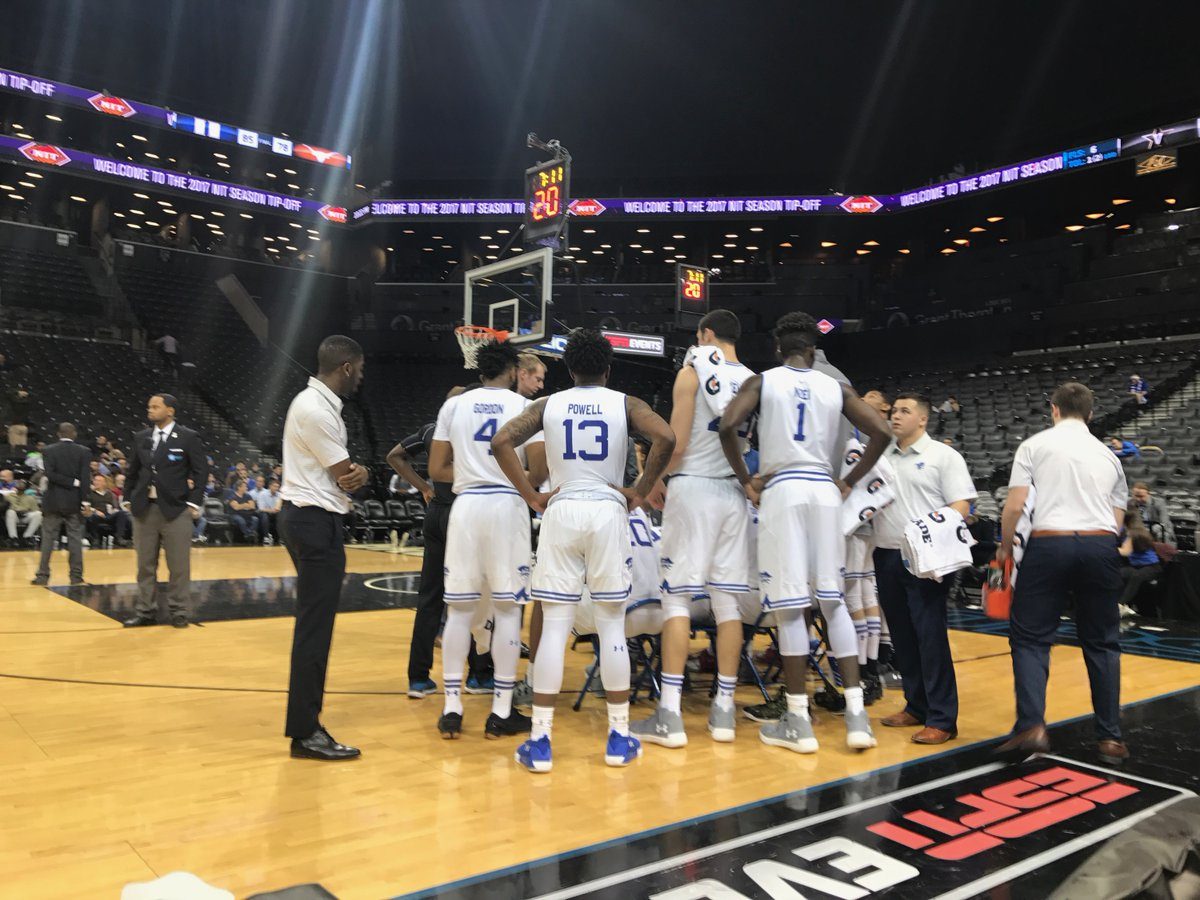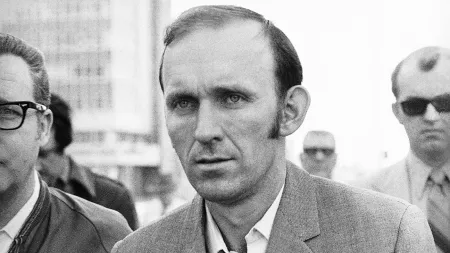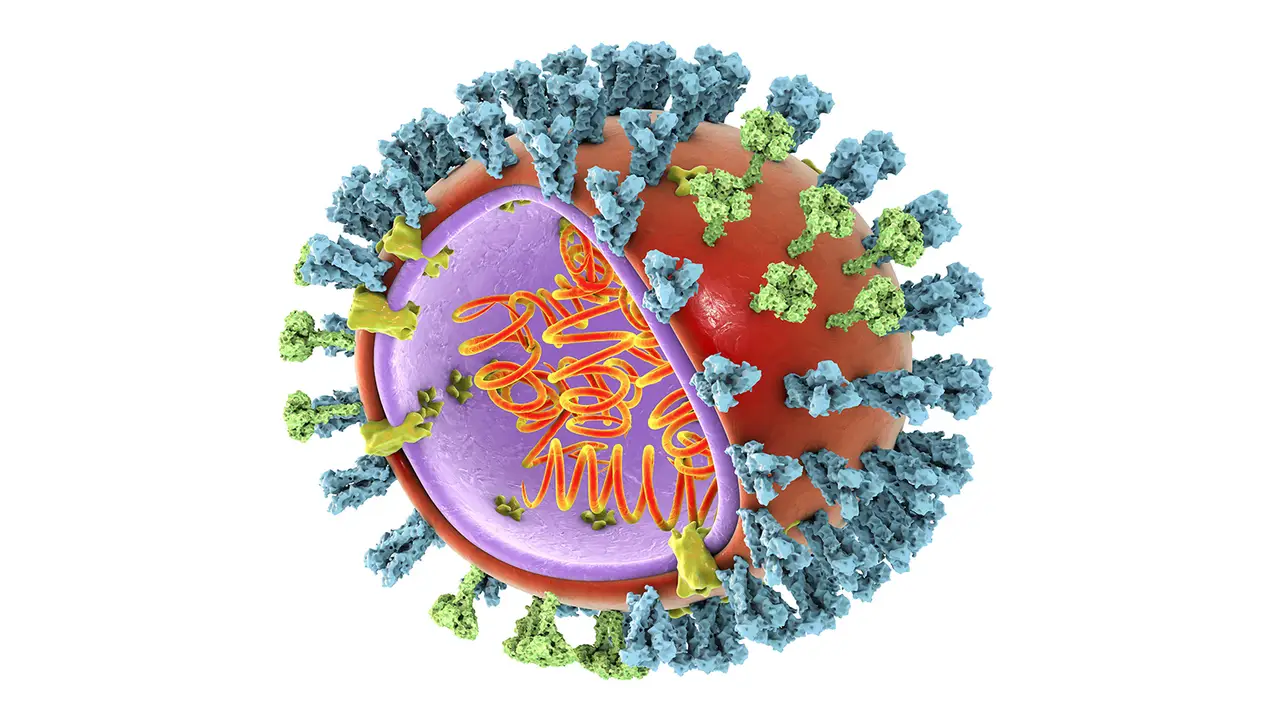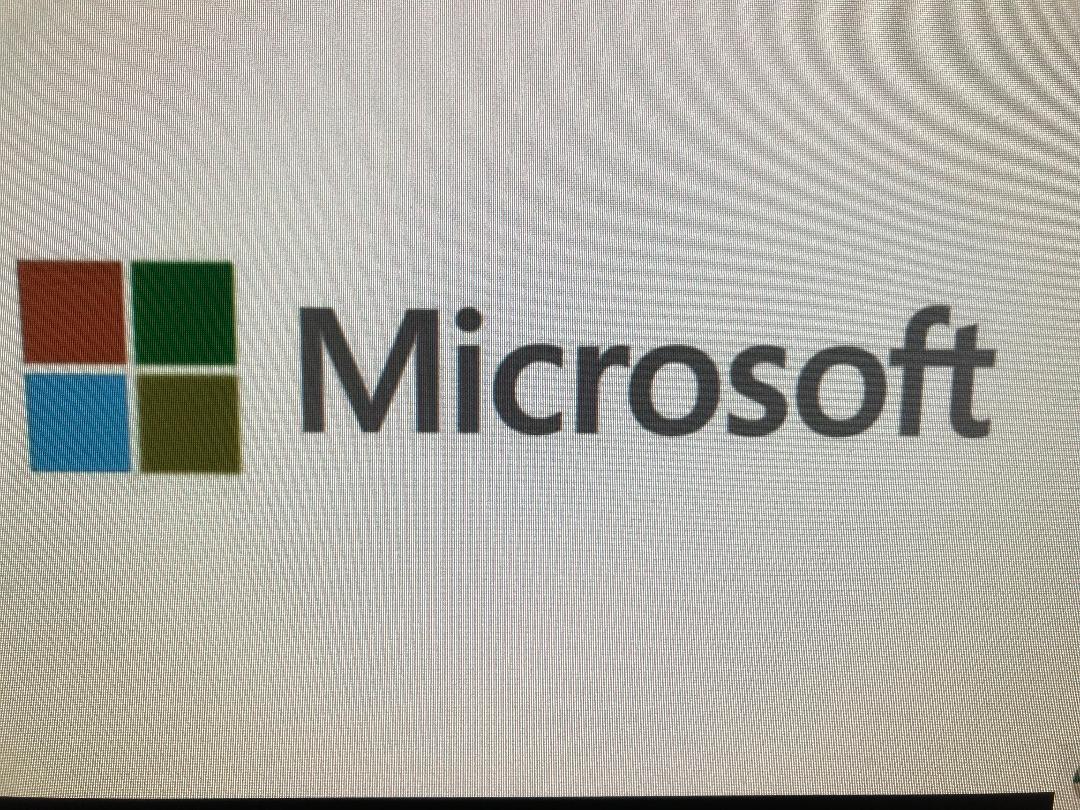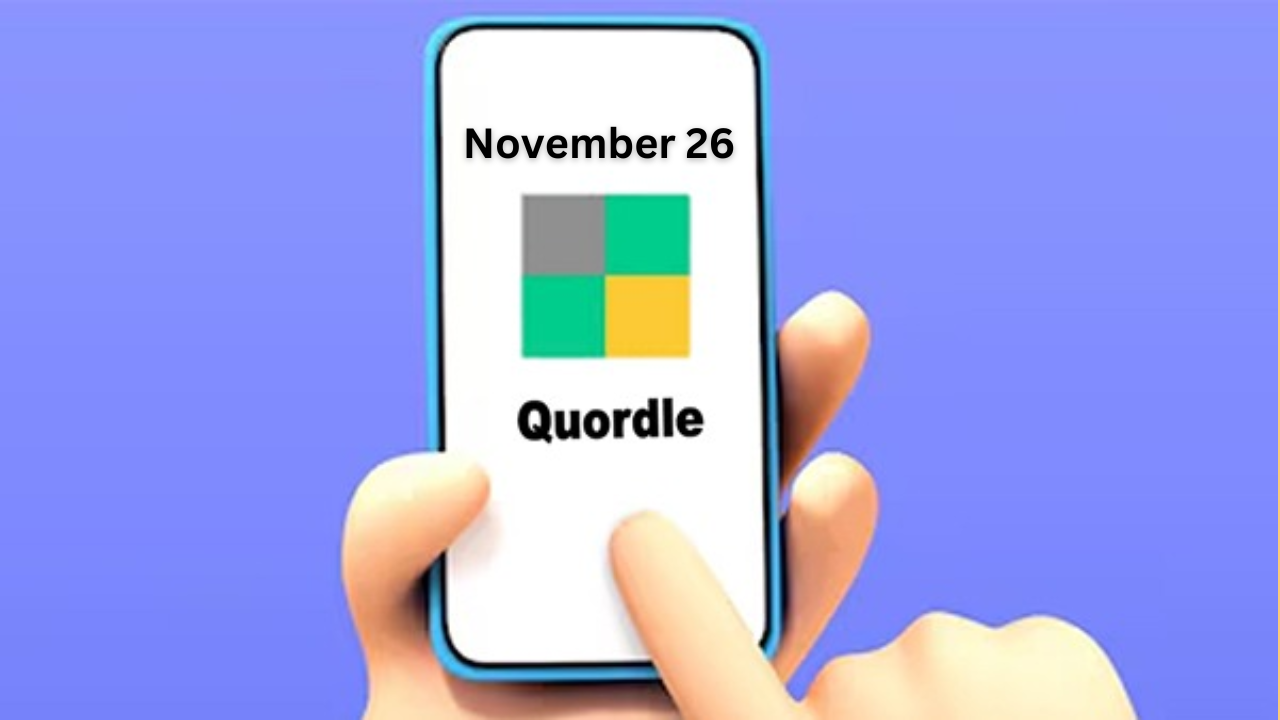Article from theroot
School-discipline policies that disparately impact black students played no obvious role in unarmed Florida teen Trayvon Martin’s death, or in the national outrage that followed George Zimmerman’s acquittal.
But in the activism surrounding a case that even President Obama has suggested presents an opportunity to contemplate the “challenges that exist for African-American boys,” dismantling what’s known as the “school-to-prison pipeline” could be just as relevant a focus as Florida’s widely disparaged “Stand your ground” law.
Indeed, “Stand your ground” — not specifically used by Zimmerman’s defense, but included in the jury instructions in his second-degree-murder case — has been the primary subject of “Justice for Travyon” demonstrations around the country. But the Dream Defenders — a group of young activists who spent the weekend protesting at the Florida State Capitol, demanding that Gov. Rick Scott convene a special legislative session to address the circumstances they say led to Trayvon’s death — have much more than just the controversial self-defense law on their list of issues that lead to unacceptable racial inequality.
They’re also pushing the Florida state legislature to take on racial profiling and the disparate effects of punitive school-discipline policies. The policies’ impact in communities of color runs deep — that’s not new. But they’re getting attention now because they have everything to do with the larger, structural racial inequality that was just below the surface of the outrage of the Zimmerman verdict.
Here’s how the school-to-prison pipeline works, according to the ACLU:
The school-to-prison-pipeline is a disturbing national trend wherein children are funneled out of public schools and into the juvenile and criminal justice systems. Many of these children have learning disabilities or histories of poverty, abuse or neglect, and would benefit from additional educational and counseling services. Instead, they are isolated, punished and pushed out. “Zero-tolerance” policies criminalize minor infractions of school rules, while high-stakes testing programs encourage educators to push out low-performing students to improve their schools’ overall test scores. Students of color are especially vulnerable to push-out trends and the discriminatory application of discipline.
Florida, in particular, records more school-based arrests than any state in the nation, mostly for noncriminal acts, according to a statement by Wansley Walters, secretary of the Florida Department of Juvenile Justice, to the Broward Sun Sentinel in February.
So, for Dream Defenders’ Executive Director Phillip Agnew, it made sense to add the school-to-prison pipeline to its list of causes. “We looked at the environment,” he said. “The fact is that Florida is No. 1 in the nation for arrests out of school. To avoid this issue means to avoid an issue that’s ruining the lives of families around the state. It informs the situation that brought us Trayvon Martin, and it informs the current state of emergency for young people in the state of Florida.”
The group’s specific legislative priorities include the elimination of zero-tolerance policies and police officers from Florida schools — or, short of that, agreed-upon standards for officers’ conduct.
Agnew say the current, Trayvon Martin-inspired attention to racial inequality’s effect on young people makes this just the time to push for these fixes.
“In the end, I think right now the direction of the conversation around youth and how to create a better environment for youth is leaning toward school-to-prison pipeline,” he said. “There’s the most opportunity there to build a far-reaching agenda that really moves us forward.”
Jenée Desmond-Harris is The Root’s staff writer and White House correspondent. Follow her on Twitter.
Like The Root on Facebook. Follow us on Twitter.



